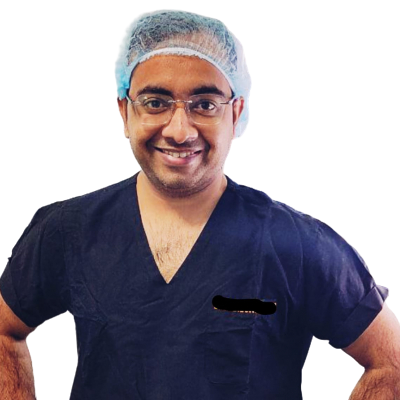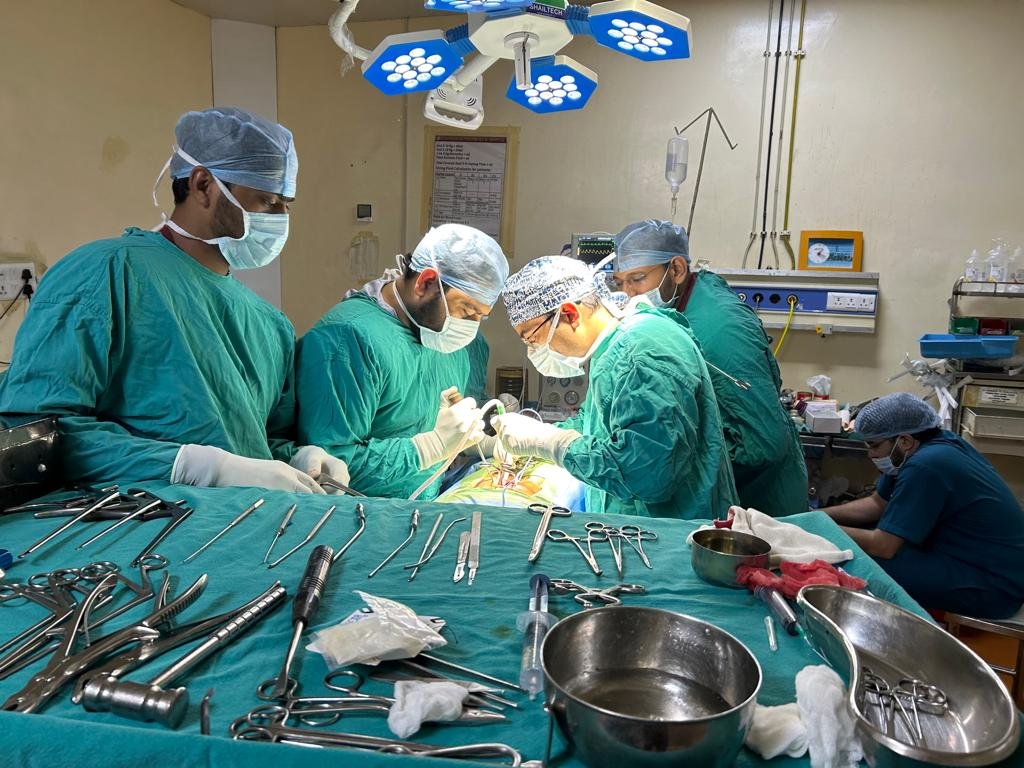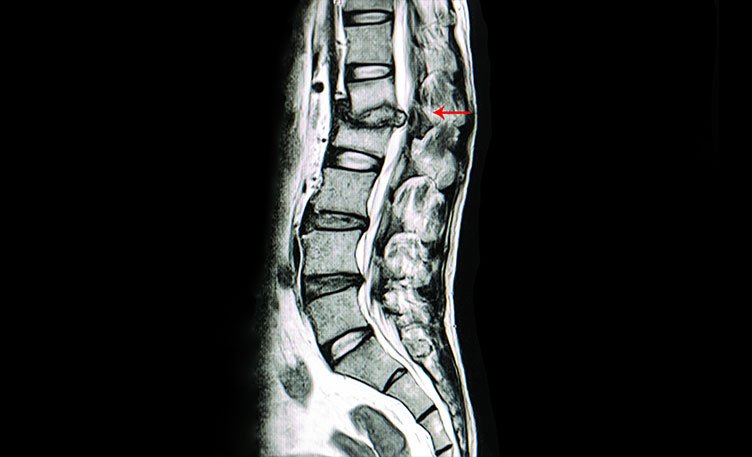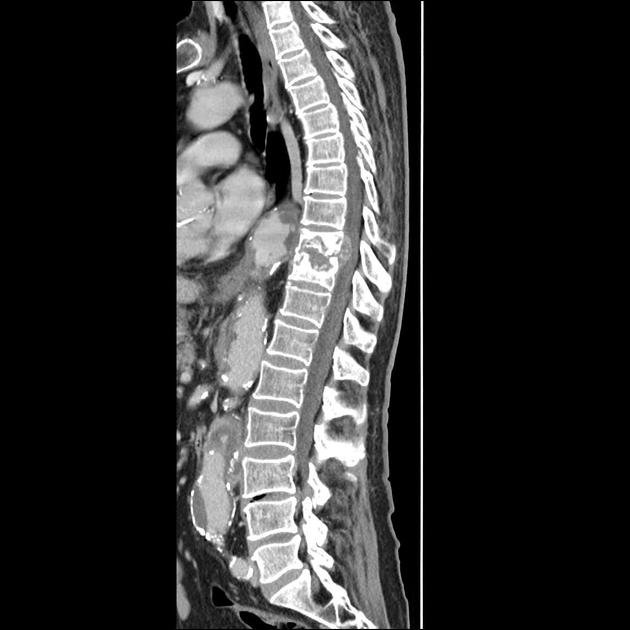- hindspineclinicbhopal@gmail.com
- E-7 HIG-454 Arera Colony, Bhopal Madhya Pradesh 462016
- Mon - Sun: 9:00 am - 9:00 pm
- Home
- About Us
- Treatments
- Endoscopic Spine Surgeries (UBE)
- Non Surgical Management of Spine Disorders
- Spinal Fusion Surgeries For Degenerative Disorders
- Management Of Spine Trauma
- Management of Spine Infections (Tuberculosis)
- Management Of Osteoporosis
- Management Of Scoliosis & Other Spine Deformities
- Non Operative & Operative (Vertebroplasty & Kyphoplasty) For VCF
- Spine Physiotherapy & Rehabilitation
- Insights
- Gallery
- Blog
- Contact Us
Expert spine care by Dr. Raghvendra Raghuvanshi at Hind Spine Clinic, Bhopal. Specialized treatments for back pain, spine surgery, and more.
Visiting Hours
| Mon - Fri: | 8:00 am - 8:00 pm |
| Saturday: | 9:00 am - 6:00 pm |
| Sunday: | 9:00 am - 6:00 pm |
Gallery Posts














